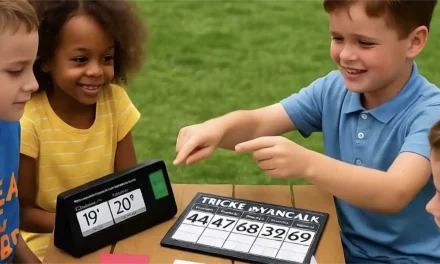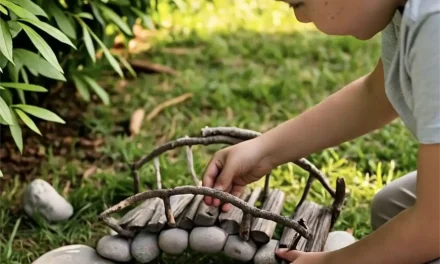
Providing Resources and Opportunities: Enroll in Classes or Workshops
M
y son used to hammer out tunes on a toy keyboard, hoping something would click. One day I asked, “Want to learn a real song?” and his eyes lit up. We signed him up for a local piano class, and soon he was playing a short melody with proud concentration. That weekly rhythm—practice, feedback, small wins—helped him move from interest to skill. He wasn’t just making music; he was learning how to persist, how to improve, and how to take joy in steady progress.
Over time, he began experimenting—changing rhythms, composing his own pieces, even helping classmates with tricky parts. Each new attempt gave him a reason to keep going. When he played at a recital, his hands trembled at first, but he found his pace. The applause wasn’t just for a song well played—it was for the effort behind it. Through these classes, he learned to take feedback, share his work, and carry himself with quiet confidence. Those skills now show up across his life—in group projects, presentations, even friendships.
When your child shows a spark of interest—in dance, robotics, art—help them grow it into something more. Find a class or workshop that fits their level, and check in often. Ask what surprised them or what they’re working toward. Celebrate not just the polished result, but the effort and reflection it took to get there. Whether they stick with it for a season or a lifetime, they’re building habits that matter: to focus, to revise, and to keep learning with heart.
Providing Resources and Opportunities

Providing Resources and Opportunities: Provide Science Kits and Contests
Science kits turn curiosity into discovery. Learn how hands-on experimentation builds confidence, reasoning, and scientific thinking.

Providing Resources and Opportunities: Invest in Quality Materials
The right tools make learning inspiring. Learn how thoughtful materials can encourage creativity, exploration, and long-term curiosity.
Table of contents

Primordial Soup for the Mind: Navigation
Navigate the book Primordial Soup for the Mind.
TIPS
- Pick classes like music or coding based on interests.
- Praise their progress to show you value their effort.
- Attend their events to support them.
- Ask “What do you want to learn?” to start ideas.
ACTIVITIES
- Class Start: Begin a class, ask, “What do you want to learn?” Talk for 10 minutes.
- Skill Practice: Practice a skill, share what they learned, 15 minutes.
EXAMPLE
My daughter took a coding class, saying, “I made a game!” Her projects started a tech hobby.

Download “Primordial Soup for the Mind: A Parent’s Guide to Nurturing Intellectual Growth”
Enter your information to get this article and hundreds more as part of the FREE book Primordial Soup for the Mind.
Share your thoughts with the Thought Academy community in the Comments section below.

Sharpen those skills!
Enter your information to get our FREE practice exercises so you can hone your critical thinking and reasoning skills!







0 Comments